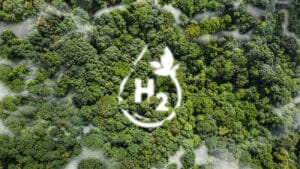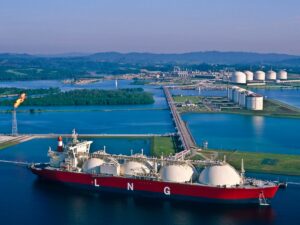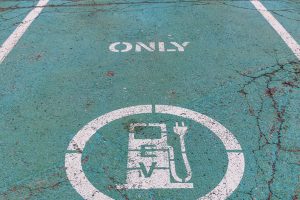Building on our flagship ‘Specialised Training on the Regulation of Gas Markets’, this new course is held this year in a fully online format and with a renewed programme, which considers the recent developments impacting gas markets in Europe and worldwide. Understanding gas market dynamics has never been more important than today.
The course starts with a three-week preparatory block which will provide you with the core knowledge and instruments needed to approach the study of gas markets, regulation, and policy. After completing these preparatory materials, you will apply and further develop your knowledge in a full week of online live classes. These sessions will provide a more in-depth perspective of gas market dynamics, and compare different regional gas market models and developments, covering the building blocks of European gas regulation as well as perspectives on the future of gas in an evolving international landscape.
What you will learn:
The FSR Gas Fundamentals covers the basic principles of regulation in the gas sector, including transmission tariffs, balancing markets, gas hubs and pipeline competition, incentives for new infrastructure, and price caps.
Along with a general assessment of the gas market context, the course gives an overview on the various and diverse gas regulation and policy applying in different geographical contexts (ex. EU, Latin America). By comparing different regional gas market models, the course analyses the EU gas regulation which is currently enforced in Europe (Third Energy Package, EU Network Codes) in particular focusing on the Balancing and Tariff Network Codes.
The course will consist of three offline weeks and one online week. During the three offline weeks (30 October – 26 November 2023), you will be granted access to our e-learning platform, where you can navigate at your own pace to complete the course readings, quizzes and activities.
During the three preparatory weeks, you can manage your time and work as per your schedule, as there are no online live classes except a one-hour introductory meeting that will take place on the first day of the course (Monday, 30 October 2023 12 PM TBC).
The online week (20–26 November 2023) consists of live classes and expert panels. It will require your participation during a large part of the day from 09:30 to 15.00 CET (usually 2 to 3 classes in the morning + 1-hour lunch break + a panel discussion in the afternoon).
The training is primarily targeted at staff from energy utilities, TSOs, banks and representatives from National and European Regulatory Authorities or other public bodies, but also academics and researchers with an interest in gas market regulation.
No specific academic background is required, and professionals of all levels are welcome. Nevertheless, a basic knowledge of energy regulation and policymaking is recommended. The training is provided in English.
Upon completion, participants will be able to:
Each year, the Florence School of Regulation – Energy and Climate (FSR Energy & Climate) awards scholarships for a wide variety of training courses targeting a broad audience of professionals and academics.
Applications will be assessed by a Selection Committee of FSR members on a yearly basis. The successful candidates will be informed after February 2024 and will be provided with all relevant information on how to enroll in the online course or residential training of their choice.
Send your application by 28 January 2024.
Cancellation policy
Paid registration fee is non-refundable. However, registrant substitution may be made up to 20 days before the start date of the course.
Contact: fsr.conferences@eui.eu
The Participants of the 2018 edition of the Specialised Training on the Regulation of Gas Markets share their experience and views on the training.

All you need to know about the power sector and power systems around the world Power system regulation is never at a rest, and this is particularly true for the…

This ten-week course covers the fundamentals of energy and climate policy in the EU Green Deal. The Grand Tour of Europe’s energy and climate policy The European Green Deal is…

In this new 2-day residential course from the Florence School of Regulation, we provide an immersion in the legal and technical framework of the European hydrogen sector. Over the two…

This course is reserved for experts from the Southern and Eastern Africa and South Asia, including the following countries and territories: Congo, Cameroon, Nigeria, Ghana, Senegal, Mauritania, Morocco, Algeria, Tunisia,…

Charging Infrastructure & Power System Integration of Electric Vehicles In the past 10 years, the deployment of Electric Vehicles has been growing at a rapid rate. As EV manufacturers around…

Clean Molecules: Hydrogen, Biogas, Biomethane, Synthetic Gas Within the EU Green Deal vision and framework, renewable, low-carbon, and even emission-negative gases have a crucial role to play in decarbonising the…

Learn the fundamental regulatory principles of the electricity and gas sectors through hands-on, real case activities and examples with instructors from national regulatory authorities from Europe and North America, the…

Learn about the fundamental regulatory principles of the transport sector through hands-on activities based on real cases and examples with instructors from academia, national regulatory authorities and ministries, the European…

EU Electricity Network Codes & the Clean Energy Package Enter the world of electricity markets in Europe ‘Evolution of electricity markets in Europe’ is an 8-week online course in collaboration…
To meet, discuss and learn in the channel that suits you best.